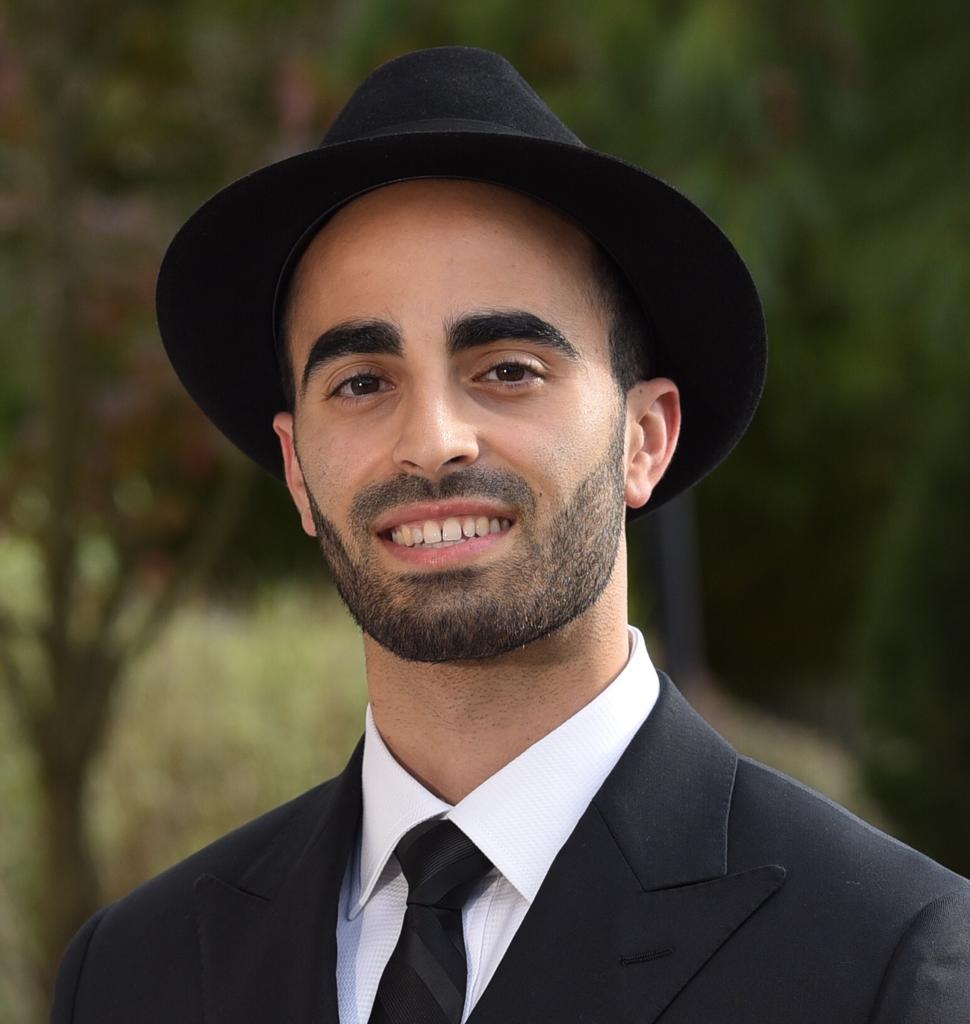
The Power of Thanks
Bikkurim carries the important theme of gratitude. When the farmer would give his first fruits to the Kohen, he would pronounce a meaningful declaration acknowledging


Bikkurim carries the important theme of gratitude. When the farmer would give his first fruits to the Kohen, he would pronounce a meaningful declaration acknowledging

Our parsha states: “An Ammonite or Moabite shall not enter the congregation of Hashem, to eternity, because of the fact that they did not greet

The haftarah of our parsha contains a pasuk which can underscore the importance of shalom— peace. It states: “How pleasant are the footsteps of the

In our parsha, Moshe Rabbeinu tells Bnei Yisrael about the phenomenon of a false prophet: “If there should stand up in your midst a prophet

The pasuk in our parsha states: “You should know in your heart that just as a father will chastise his son, so Hashem, your God,

The famous declaration of the Shema is brought in our parsha, and interestingly, the midrash (Devarim Rabbah, 2:31) relates that Bnei Yisrael merited to recite

As Moshe’s end was drawing near, he began to rebuke Bnei Yisrael, reminding them of their many misdeeds since leaving Mitzrayim. Interestingly, Rashi points out

In Parshat Matot, Hashem tells Moshe to go to battle against Midian, the nation who caused the Jewish people to sin, resulting in the death

Our parsha contains a census of Bnei Yisrael. The Chafetz Chaim focuses on a contrast between the total population count of two tribes—Binyamin and Dan.

Just imagine, describes Rav Elyah Svei (Ruach Eliyahu, Vayera, 18), that we are walking outside, and all of a sudden, a dog comes and begins

The pasuk in our parsha states, “…the poets (‘Moshelim’) would say: ‘Come to Cheshbon—let it be built and established…’” (21:27). The Gemara (Bava Batra 78)

What may contribute to focusing on, and speaking negatively about, another person’s seeming shortcomings or actions? According to Rav Leib Chasman, it seems that there